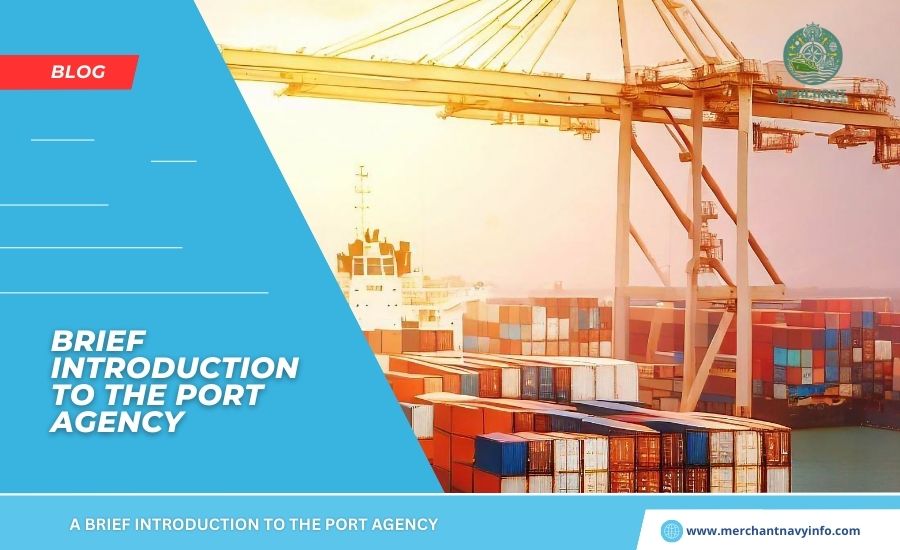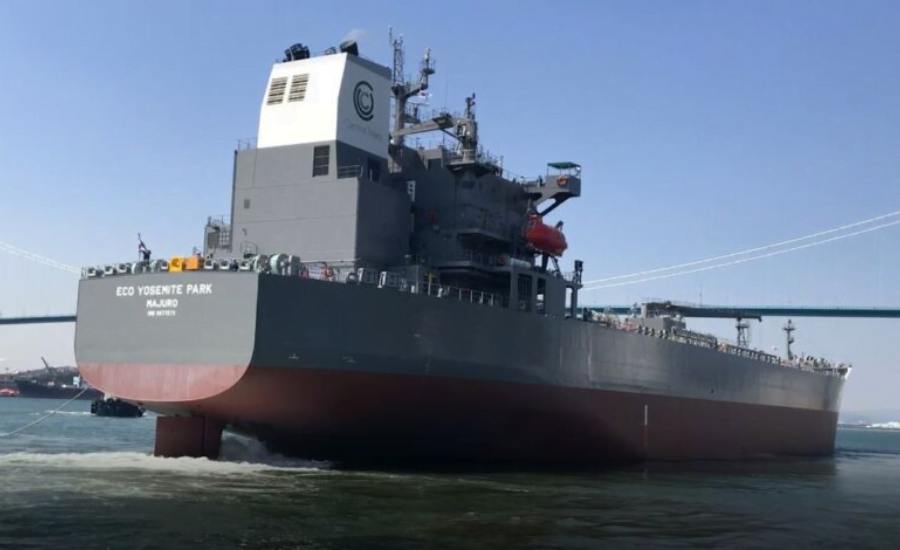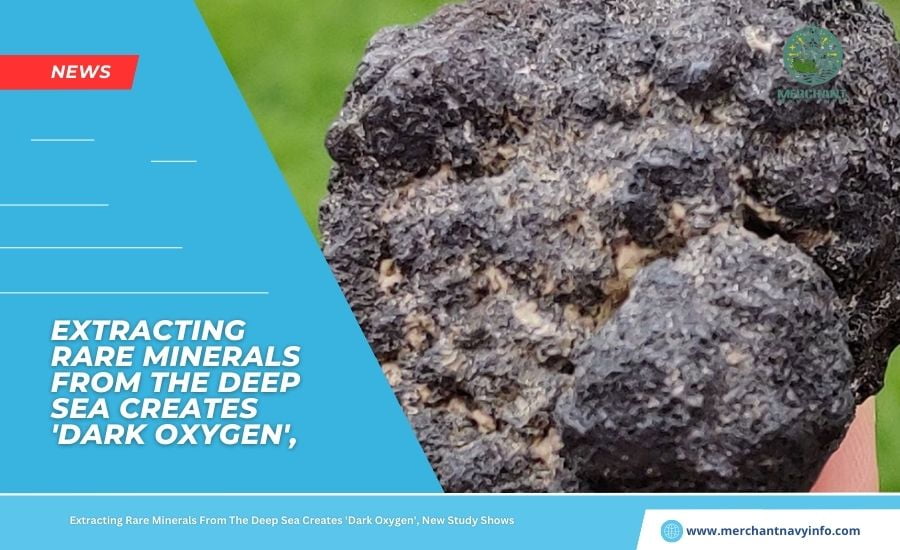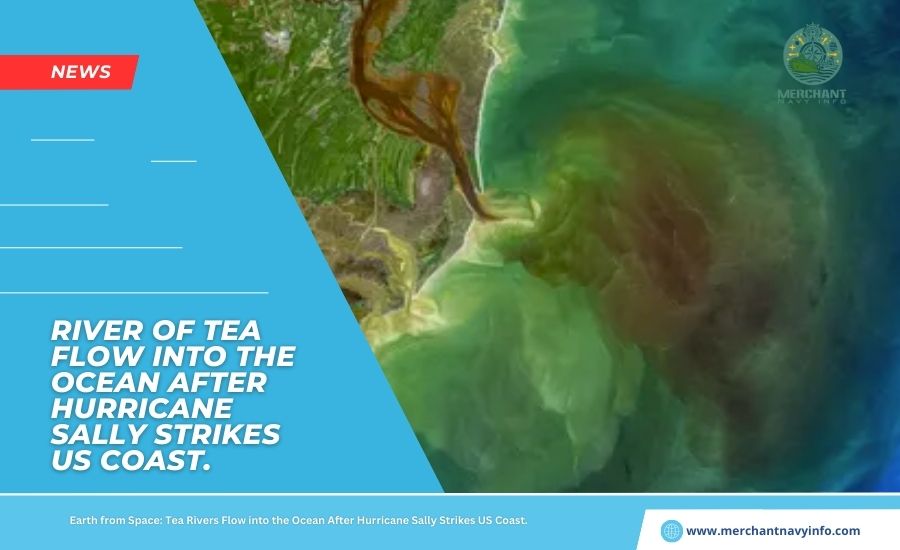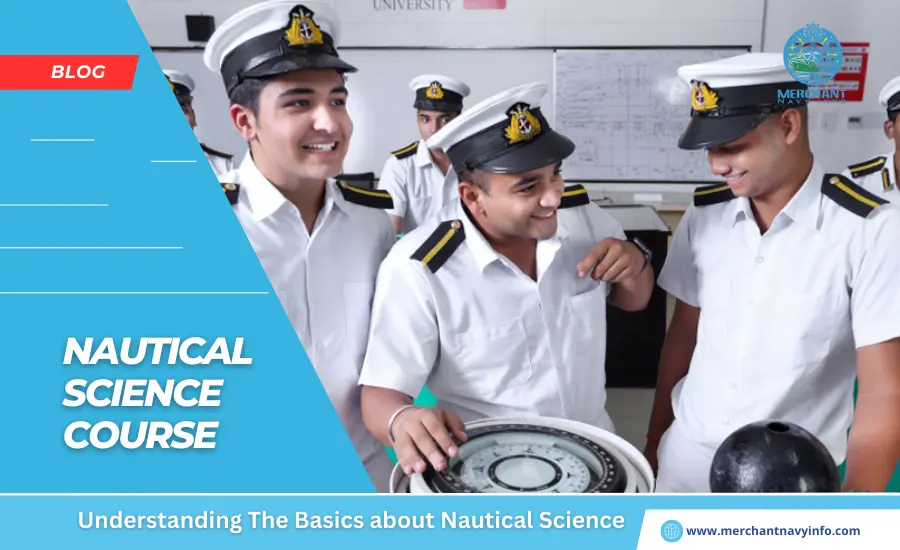
Have you ever wondered what it’s like to work at sea, or to know about ships, decks, and diving? Do Nautical Science Course:
- Do you love the sea, oceans, and bodies of water in general?
- Are you interested in working in the merchant navy?
- Or are you thinking of working?
If you answered yes to most of the previous questions, nautical science is the right choice for you. nautical science generally refers to the knowledge necessary to safely navigate and operate ships. We handle all commercial and legal matters related to cargo operations, commercial vessel maintenance, navigation, and shipping. Let’s take a closer look at this thriving stream: –
Understanding The Basics
Have you ever wondered how many items you use come from the maritime industry? Our cars: Think about the oil that powers many of the vehicles we drive, the electronic devices we use, and the clothes we wear. Most of the products are imported from overseas, and if they are manufactured in Japan, they are shipped overseas. Most of the goods imported and exported from the country are transported by ship. At any time of the year, there are ships transporting goods. Sailors working on these ships work long hours with little to no rest. For these seafarers, knowledge of nautical science is important to ensure they can navigate, manage, and operate ships that transport cargo of goods and services around the world. nautical science course deals with the principles and practices for safely operating different types of vessels.
The Most Common Topics in Nautical Science
These include navigation, ship stability, propulsion, fire protection, and safety, but nautical engineering and marine engineering are not the same.
Nautical Science Course
It is a three-year degree that prepares students to become deckhands. Students can then join the ship as deck cadets (also known as cadets). Students start as deck officers and, after obtaining sufficient experience and the necessary certificates, are entitled to the position of navigator. The required experience and qualifications will then lead to the candidate’s promotion. When you are promoted from a deck cadet, you become a third officer, then a second officer, a first officer, and finally a captain.
Marine Engineers
On the other hand, are responsible for designing onboard the systems such as steering and control systems. They inspect the ship’s equipment and machinery. Perform various tests on the device, including environmental tests, operational tests, and performance tests. The operation, maintenance, and repair of these mechanical components is the sole responsibility of the final customer.
Career Fields In nautical science course
Earn a degree in Nautical Science, and you will become a certified mariner. As you gain experience and continue your education, you have the opportunity to continue working and advance to higher ranks. You can also study further, such as a Master’s degree in Nautical Engineering, a Master’s degree in Shipping, Commerce, and Finance, or an MBA in Maritime and Shipping. The average salary for new deck cadets ranges from 3 to 6 LPA. Salary also depends on the company.
The Future of Navigation
When the coronavirus outbreak occurred in 2020, the world came to a standstill, and there were fears that the global economy would collapse. The shipping industry continued to work hard during the pandemic. If this had not happened, the world economy would have come to a standstill, unable to provide the essential goods that many countries and their populations depend on. Seafarers are essential workers, and their work is incredibly brave. The world relies on the maritime industry to import and export almost all other raw materials.
The raw materials for the things we use have traveled all over the earth for us, carried safely by many seafarers. Seafaring and nautical science course research are the backbone of the maritime industry, and anyone who wants to work in this field will find great job satisfaction. Life at sea is full of adventure and responsibility. Seafarers are keenly aware of how much the world depends on them to keep the economy afloat. Your job involves risks such as handling heavy objects, storms at sea, and infectious diseases.
Nautical Science Course
It is the course that will help you perform at your best in the maritime industry. This is a field that requires courage, determination, and, above all, a good work ethic. The maritime industry is part of the global economy. If this industry were to come to a halt, the world would come to a halt. This industry is a basic requirement for this country to function and provide basic needs to its people. nautical science course deals with navigation at sea and offers countless opportunities to make your dreams a reality.
The Diploma in Nautical Science and Technology
- It is a globally recognized partnership recognized by Transport Canada under the International Convention on the Standards for Training, Certification and also Watchkeeping for Seafarers, 1978 (Manila Convention), as amended in 2010. It’s a program. This cadet program is designed to:
- To provide sound theoretical and practical training in the field of nautical science course.
- Prepare students for employment in the maritime transportation field.
- Produce graduates who can take responsibility as seafarers and carry out assigned tasks.
- Provides preparation for students to take the remaining Transport Canada exams for Professional Certification as a Maritime Officer by Transport Canada and the Certificate of Duty Officer Qualification.
Program Structure
As a cooperative program, the Diploma in nautical science consists of a period of study at a marine laboratory and a period of study at sea. The entire program consists of:
- The first year consists of one semester and two semesters, followed by an eight-week technical session.
- Two-month sea phase after the first technical session.
- The second or intermediate year of study consists of three or four terms, followed by eight weeks of technical classes.
- 15-month maritime phase after the second technical session. This maritime phase can be completed over his two semesters.
- Study from third year onwards consists of semesters 5 and 6, followed by a final technical session of 8 weeks.
Sea Period
During the program, a cadet must accumulate at least 12 months of approved sea internships in Institute-approved sea internships through the Career Comprehensive Learning Office. This is obtained through the mandatory marine phase period prescribed by the Marine Institute’s General Service Period Policy and the Nautical Science Service Period Regulations. These sailing stages are actually guided work periods during which a certified logbook must be kept, and the employer conducts a personal assessment of the cadet.
The first maritime phase (WKTM 1102) is planned over a two-month period from the end of the first technical session to the start of the next semester. After the second technical session, the student begins her second maritime phase (WKTM 2102). This is an overall extended period of 15 months, during which the student must accumulate the remainder of her 12 months of required sailing time.
Credits Earned
Technical Diploma 4 Years: (6 academic terms, three technical sessions, and two maritime working terms) Normal Start Date: Fall Admission Requirements Admission Requirements Compliance with High School (Post-Graduation during the period of employment) or by transfer from another higher education institution. Proof of sufficient physical strength, visual acuity, color vision, hearing, etc., before taking the Transport Canada exam. Must be provided by a Transport Canada Seafarer Medical Service signed by a qualified physician.




